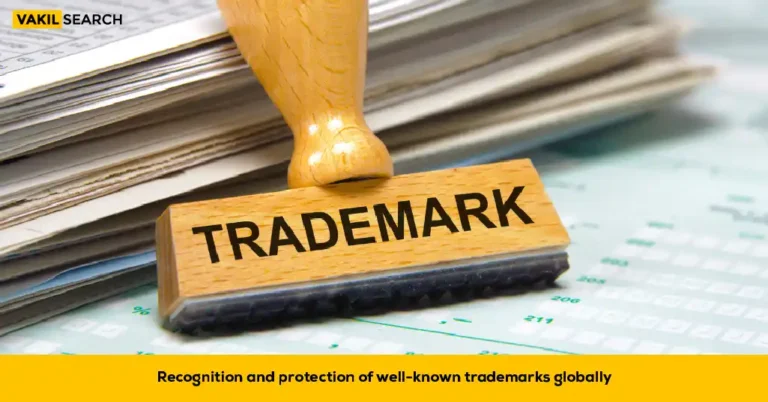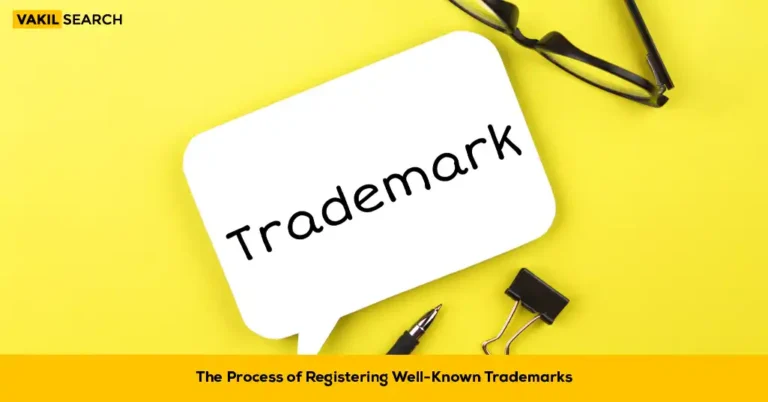Delve into the ethical considerations surrounding trademark law. Explore controversies, ethical dilemmas, and best practices for maintaining integrity and fairness in trademark-related activities.
Trademark law serves as a vital framework for protecting intellectual property rights and fostering fair competition in the marketplace. However, beyond its legal dimensions, trademark law raises complex ethical considerations that intersect with issues of fairness, freedom of expression, and societal values.
In this article, we will delve into the ethical dimensions of trademark law, examining key ethical considerations, controversies, and the broader implications for businesses, consumers, and society.
Ethical Considerations in Trademark Law:
-
Balancing Rights and Responsibilities:
Trademark law aims to strike a balance between the rights of trademark owners to protect their brands and the interests of consumers, competitors, and society at large. Ethical considerations arise when trademark owners assert their rights in ways that may stifle competition, limit consumer choice, or impede freedom of expression.
-
Fair Competition:
Ethical trademark practices promote fair competition by preventing deceptive or unfair practices that may harm consumers or undermine the integrity of the marketplace. Ethical issues arise when businesses engage in practices such as trademark bullying, monopolization of common terms, or aggressive enforcement tactics that hinder fair competition and innovation.
-
Consumer Protection:
Trademark law plays a crucial role in protecting consumers from confusion, deception, and counterfeit goods in the marketplace. Ethical considerations arise when trademarks are used in ways that may mislead or deceive consumers, leading to questions about corporate responsibility and consumer welfare.
-
Freedom of Expression:
Trademark law intersects with freedom of expression, particularly in cases involving parody, satire, criticism, and artistic expression. Ethical dilemmas arise when trademark owners seek to suppress or censor creative works that use their trademarks in ways that may challenge or critique their brands.
Controversies in Trademark Law:
-
Trademark Trolling:
Trademark trolling refers to the practice of registering trademarks with the intent to profit from enforcement actions rather than legitimate use of the mark. Critics argue that trademark trolls exploit the legal system for financial gain, targeting small businesses, entrepreneurs, and individuals with aggressive enforcement tactics.
-
Brand Bullying:
Some trademark owners use aggressive tactics to protect their trademarks, sending cease-and-desist letters or filing lawsuits against perceived infringers. Critics argue that such actions amount to brand bullying and may have a chilling effect on freedom of expression, innovation, and fair competition.
-
Trademark Dilution:
Trademark dilution occurs when the distinctiveness or uniqueness of a famous trademark is weakened by unauthorized uses or associations. Controversies arise when trademark owners seek to enforce their rights against unrelated uses that may not necessarily cause consumer confusion but allegedly tarnish the reputation or dilute the distinctiveness of the mark.
-
Trademark Monopolization:
Trademark owners sometimes attempt to monopolize common terms or phrases by registering them as trademarks, preventing competitors from using them in their branding. Critics argue that such practices hinder fair competition, limit consumer choice, and stifle innovation in the marketplace.
Conclusion:
Trademark law encompasses a complex interplay of legal, economic, and ethical considerations that shape the dynamics of the marketplace. By understanding the ethical dimensions of trademark law and engaging in responsible trademark practices, businesses can foster fair competition, protect consumer welfare, and uphold the principles of integrity and transparency in the marketplace.
Ultimately, striking a balance between trademark rights and societal interests is essential for promoting innovation, creativity, and social responsibility in the evolving landscape of intellectual property law.
FAQs: Ethical Considerations
What ethical considerations arise in the practice of trademark law?
Ethical considerations in trademark law include maintaining honesty and integrity in representing clients, avoiding conflicts of interest, adhering to professional standards and codes of conduct, and upholding the public interest in fair competition and consumer protection.
How do trademark attorneys balance the interests of their clients with ethical obligations?
Trademark attorneys balance the interests of their clients with ethical obligations by providing competent and zealous representation while also acting with honesty, candor, and professionalism, and ensuring compliance with legal and ethical rules.
What are some common ethical dilemmas faced by trademark attorneys?
Common dilemmas include conflicts of interest between clients, confidentiality issues, the duty to provide candid advice even if it is contrary to the client's interests, and maintaining honesty and integrity in dealings with the trademark office and opposing parties.
How do trademark attorneys address conflicts of interest in their practice?
Trademark attorneys address conflicts of interest by conducting conflict checks before accepting new clients or matters, obtaining informed consent from affected parties when conflicts arise, and implementing procedures to avoid sharing confidential information between conflicting clients.
What ethical obligations do trademark attorneys owe to the trademark office and the public?
Trademark attorneys owe obligations of honesty, candor, and fairness to the trademark office and the public, including providing accurate and complete information in trademark applications, avoiding deceptive or fraudulent conduct, and upholding the integrity of the trademark registration system.
What role do ethical considerations play in trademark enforcement and litigation?
Ethical considerations play a crucial role in trademark enforcement and litigation by guiding attorneys' conduct in interactions with opposing parties, the court, and third parties, and ensuring that legal proceedings are conducted with integrity and respect for due process.
How do trademark attorneys address conflicts between their clients' interests and the public interest?
Trademark attorneys address conflicts between clients' interests and the public interest by advising clients on the legal and ethical implications of their actions, advocating for fair and ethical business practices, and promoting compliance with trademark laws and regulations that protect consumers and promote fair competition.
What are the potential consequences of ethical violations in trademark law practice?
Consequences can include disciplinary action by state bar associations, sanctions by courts or administrative bodies, loss of professional reputation, and civil liability for damages resulting from misconduct or malpractice.
How can trademark attorneys stay informed about ethical issues and best practices in trademark law?
Trademark attorneys can stay informed by participating in continuing legal education programs, professional development seminars, and ethics training sessions, and by consulting ethical guidelines and resources provided by bar associations and legal organizations.
What resources are available to assist trademark attorneys in navigating ethical dilemmas and challenges?
Resources include ethical guidelines and rules of professional conduct issued by state bar associations and legal regulatory bodies, practice advisories and opinions from legal ethics committees, and consultations with experienced colleagues or ethics advisors.










